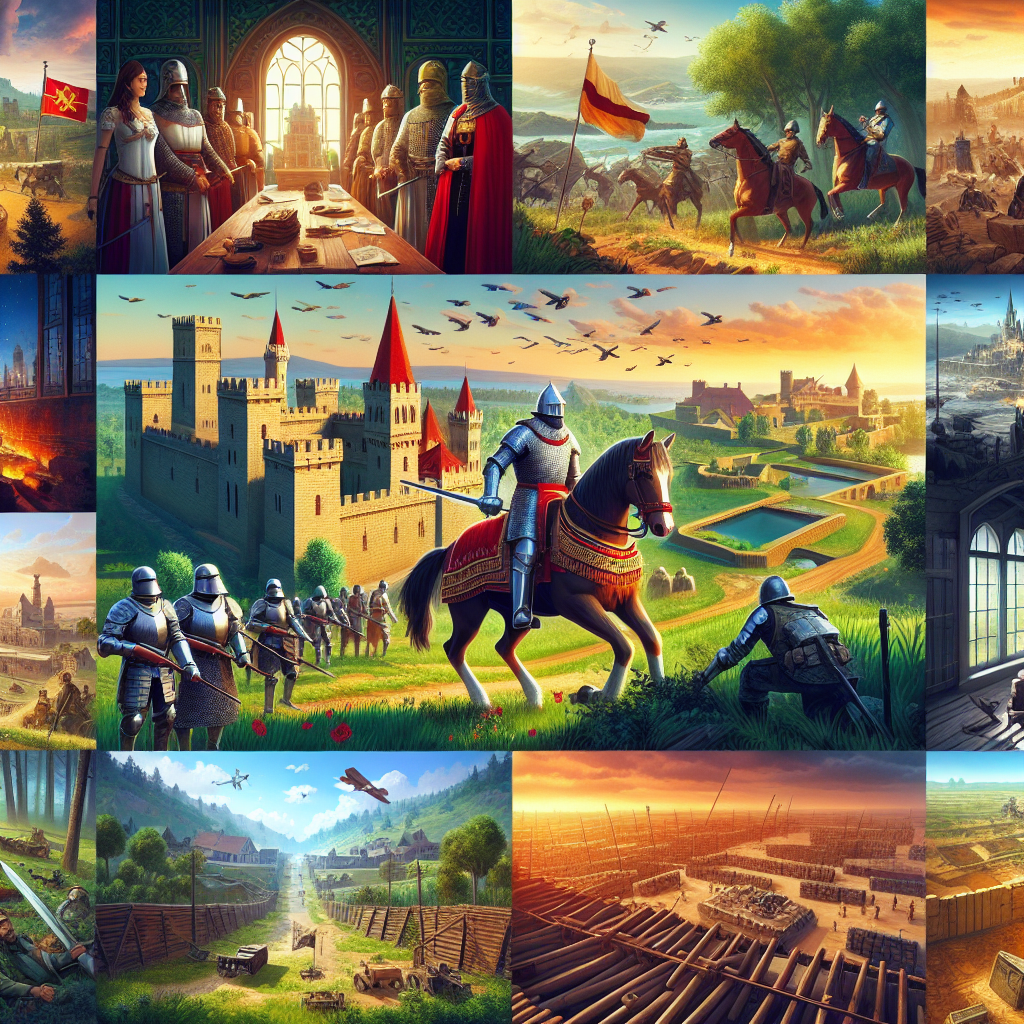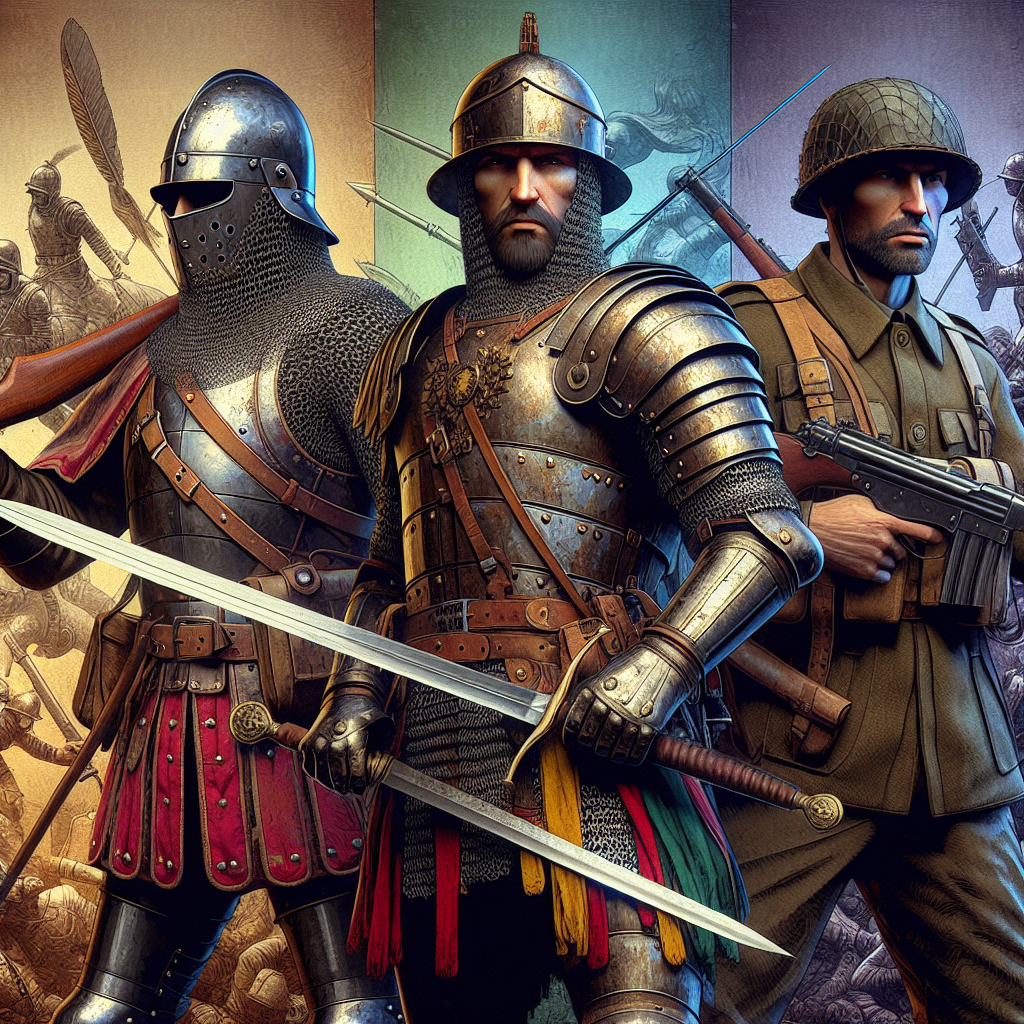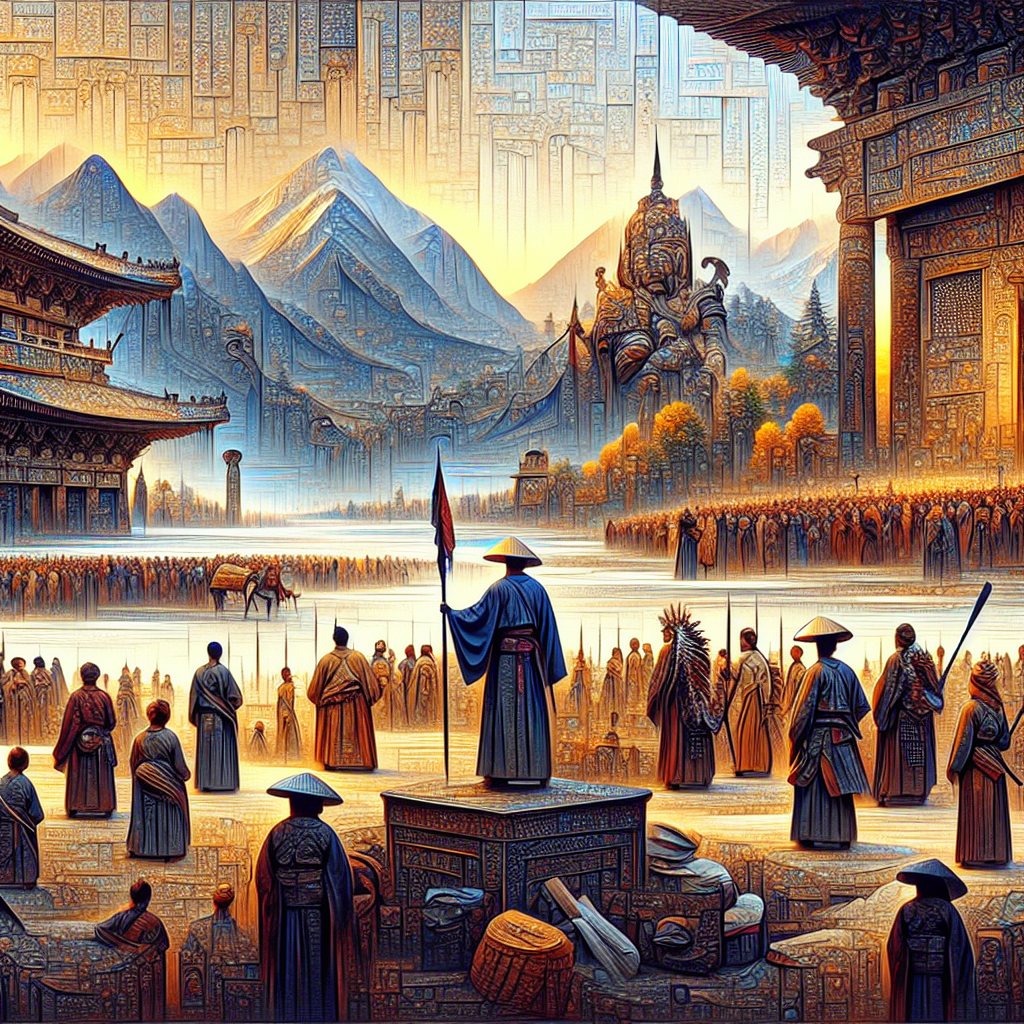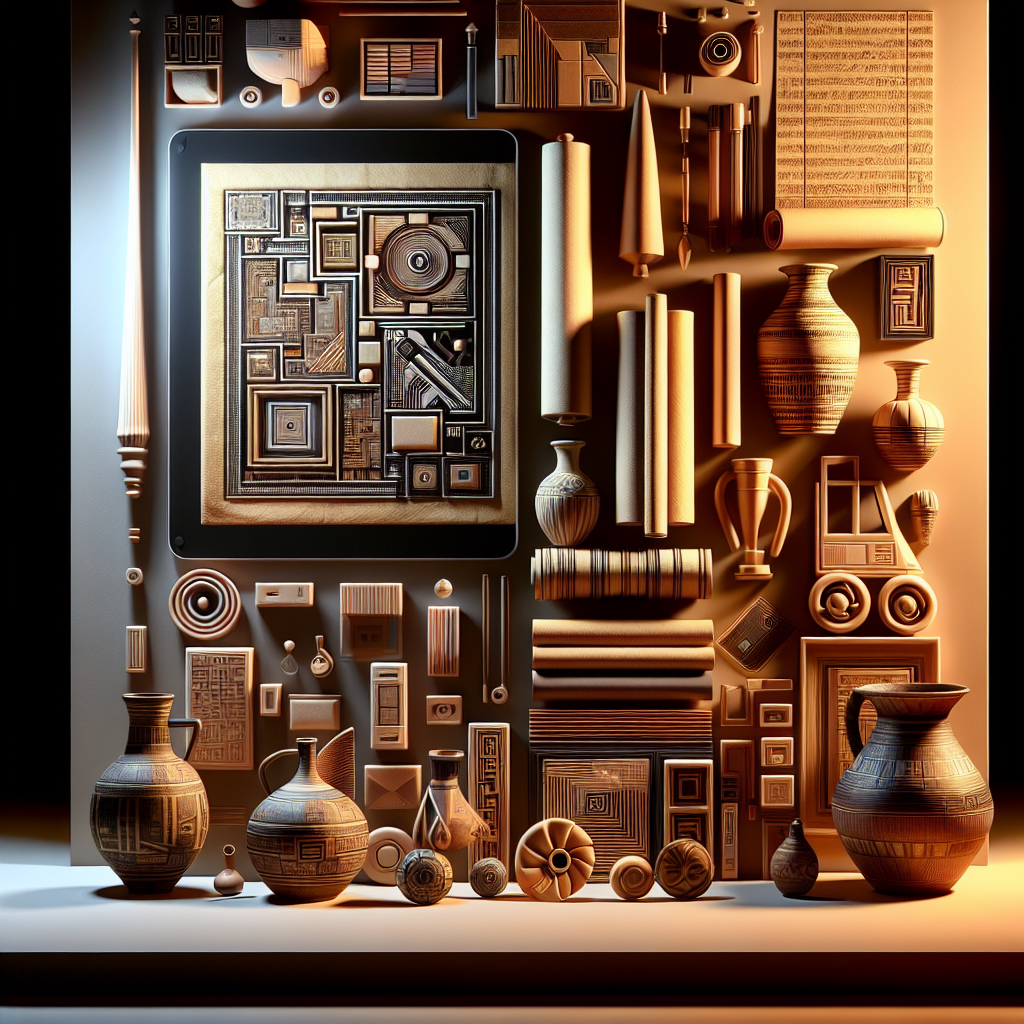In recent years, the idea that games change our understanding of history has gained traction. Video games have evolved from simple entertainment to complex narratives that immerse players in historical contexts. They provide unique opportunities to explore events, cultures, and perspectives that traditional media may overlook.
The Immersive Power of Gaming
One of the most compelling aspects of games is their immersive nature. Unlike books or films, games allow participants to actively engage with historical settings. Players can step into the shoes of historical figures, experiencing their challenges and decisions firsthand. This interactive approach can foster a deeper emotional connection to historical events, making them more relatable and impactful.
For instance, games like Assassin’s Creed and Civilization allow players to navigate through specific periods, interacting with the environment and influencing outcomes. This level of engagement can lead to a greater understanding of the nuances of history, as players witness the consequences of their actions in real-time.
Revising Historical Narratives
Moreover, games change our understanding of history by presenting alternative narratives and perspectives. Many games challenge the traditional Eurocentric view of history, offering insights into the experiences of marginalized groups. Titles like Never Alone explore the culture and challenges faced by Indigenous peoples, providing players with a richer understanding of their histories.
Through these narratives, games can spark conversations about historical accuracy and representation. They encourage players to question dominant narratives and consider multiple viewpoints, fostering critical thinking about history. This revisionist approach can be especially valuable in educational settings, where students can engage with history through a more diverse lens.
The Future of Historical Gaming
The future of gaming holds even more potential for reshaping our understanding of history. As technology advances, the realism and depth of historical games will likely improve. Virtual reality (VR) offers exciting possibilities for immersive historical experiences, allowing players to explore ancient ruins or participate in significant historical events.
As developers continue to innovate, we can expect games to serve as powerful educational tools. They can complement traditional learning methods, making history more accessible and engaging for diverse audiences. By leveraging the strengths of gaming, we can enhance our collective understanding of history in ways that were previously unimaginable.
In conclusion, the assertion that games change our understanding of history is not just a notion but a reality. Through immersive storytelling, alternative narratives, and technological advancements, games have the power to reshape how we perceive our past. As we embrace this medium, we open the door to a more nuanced and inclusive understanding of history.
Some content and/or images on this page were created using AI.




